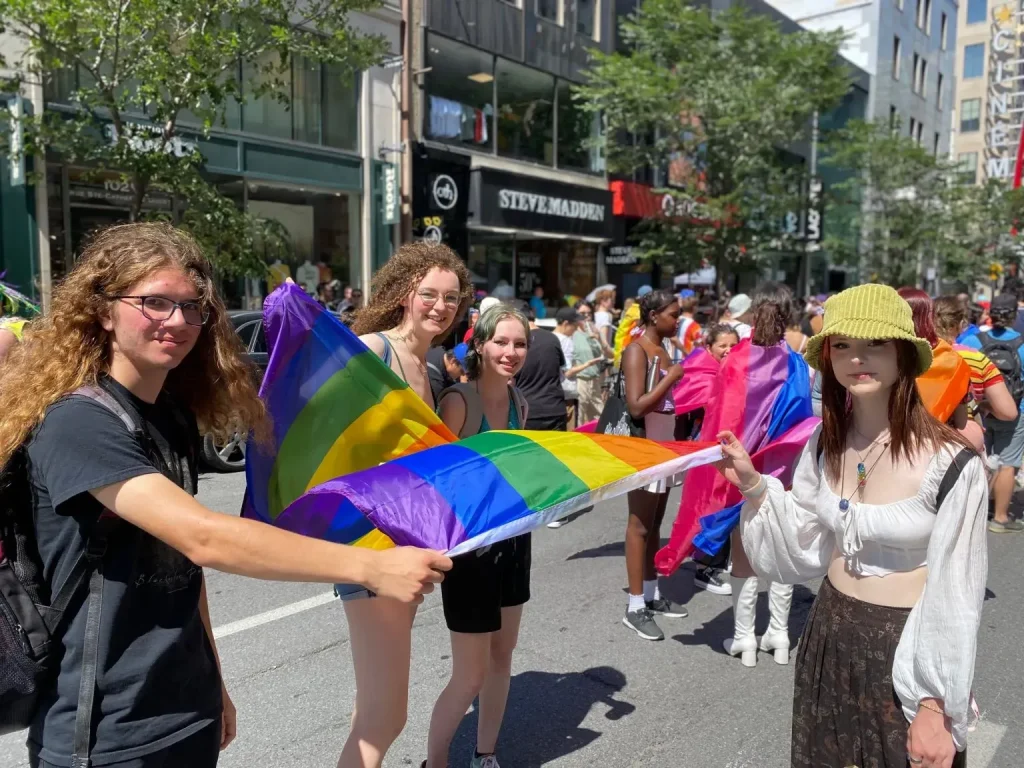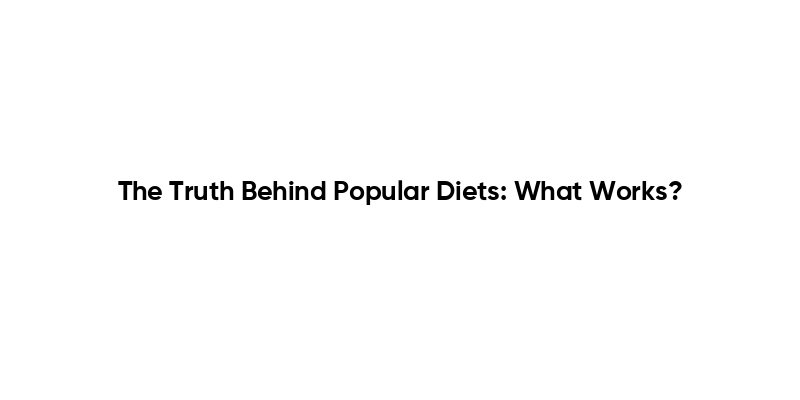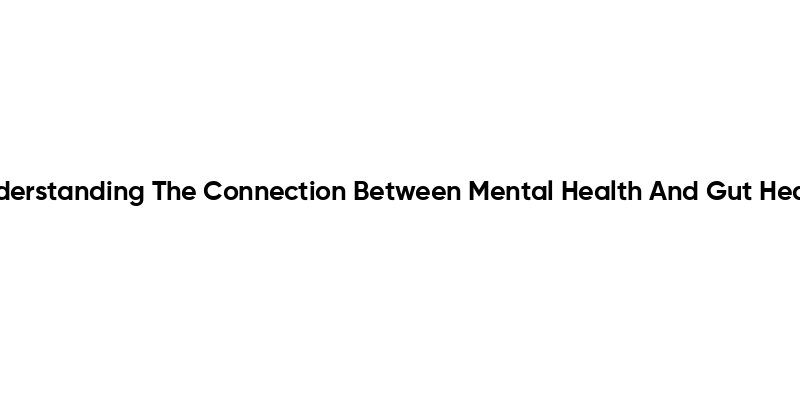The recent decision by Montreal Pride Parade organizers to exclude Jewish groups from the upcoming event has ignited a fierce controversy within the LGBTQ+ community. Dubbed as a significant setback for LGBTQ+ representation, this move has raised alarms about the inclusivity that Pride stands for. Activists have decried the exclusion as “a dark day for the LGBTQ+ movement,” spotlighting the urgent need for unity and diversity in Pride celebrations. Critics argue that this controversial decision stems from internal strife and could reflect a fear of losing support from artists and community allies. As the parade approaches, the pressure is on for organizers to clarify their stance and reaffirm their commitment to inclusivity and representation for all, ensuring that every voice contributes to the vibrant tapestry that is Montreal Pride.
In light of recent events, the decision to bar Jewish organizations from the Montreal Pride Parade underscores a troubling trend in the conversation surrounding the celebration of LGBTQ+ identities. Many community members are questioning the actual commitment to diversity in Pride events, expressing deep concerns about how such exclusions may reflect broader societal issues. This controversy surrounding Jewish groups’ participation has ignited a passionate discourse among activists and supporters alike, highlighting the complex dynamics of representation within the LGBTQ+ spectrum. With growing calls for a more collaborative atmosphere that embraces all voices, the discussions surrounding diversity in Pride are more crucial than ever. The upcoming Montreal Pride Parade stands at a crossroads, where the organization’s choices may either strengthen its commitment to inclusivity or deepen the cracks in community solidarity.
Montreal Pride Parade Exclusion: A Growing Controversy
The decision to exclude Jewish groups from the Montreal Pride Parade has ignited a significant controversy within the LGBTQ+ community. Many advocates for LGBTQ+ representation are voicing their concerns over this exclusion, arguing that it undermines the very principles that Pride organizations are meant to embody. The backlash reflects a growing demand for diversity in Pride events, where every group should feel welcome to march and celebrate their identity. Activist groups highlight that Pride was initially born out of a struggle for visibility and inclusivity, making this exclusion particularly troubling.
Critics of the Montreal Pride Parade organizers claim that this move is not merely a spontaneous decision but rather indicative of deeper internal crises within leadership. Some speculate that the organizers are reacting to a dwindling commitment from community members and artists, who are withdrawing support due to perceived discrimination. Advocates argue that a healthy Pride demonstration should champion diversity, and exclusion could lead to a stark misrepresentation of the community’s values.
The Impact of Exclusion on LGBTQ+ Activism
Exclusionary practices such as that seen in the Montreal Pride Parade have broader implications for LGBTQ+ activism. When specific groups or identities are marginalized, it can foster divisions within the community. Activists have voiced that unity is essential for the movement to advance, and excluding Jewish groups may signal to others that they could be next on the chopping block. This situation raises vital questions about solidarity among all factions of the LGBTQ+ community, reminding participants that their struggles are interconnected.
Moreover, this exclusion faces activist backlash that could detract from the collective focus on achieving equality and respect for LGBTQ+ individuals. By turning attention towards infighting and debates over who belongs in Pride events, energy that could be spent on addressing wider societal issues is diverted. The risk is that the movement becomes sidelined by such controversies, thereby weakening its overall message of acceptance and love.
Diversity in Pride: A Fundamental Principle
The principles of diversity and inclusion are fundamental to the success and purpose of Pride events globally. This year’s controversy surrounding the Montreal Pride Parade highlights the importance of ensuring that all groups, including Jewish LGBTQ+ members, feel represented and valued. Inclusion should be a guiding principle for these celebrations; without it, the core message of Pride can become diluted, resonating negatively within and outside the community.
Activists stress that true diversity goes beyond merely checking boxes; it requires active engagement and recognition of the contributions of all individuals within the LGBTQ+ spectrum. Jewish groups have played crucial roles in activism and representation efforts, and their exclusion sends a message that certain identities may not belong. As the Montreal Pride organization grapples with the fallout from this decision, the broader conversation about what it means to celebrate diversity in Pride persists, calling for a more inclusive future.
Jewish Groups in LGBTQ+ History and Culture
Jewish groups have a long-standing history of participation in LGBTQ+ rights movements, contributing to the fight for equality and visibility at various levels. The exclusion of these groups from events like the Montreal Pride Parade not only erases their contributions but also creates a narrative of exclusion that can have implications for future generations of activists. Many Jewish LGBTQ+ individuals feel a sense of loss, as these marches have historically been safe spaces where they can express their unique identities in relation to both their sexual orientation and their cultural background.
Furthermore, it is crucial to recognize the many intersections within the LGBTQ+ community, where being Jewish and LGBTQ+ is part of an individual’s identity. Celebrating these intersections is what makes the Pride movement vibrant and multifaceted. The current exclusion raises alarms about the potential sidelining of other groups in favor of a homogenous narrative that fails to include the rich tapestry of identities that constitute the larger LGBTQ+ community.
Activist Response to Montreal Pride Decisions
Activists and community leaders have been vocal in their dissatisfaction with the Montreal Pride organizers’ decision to bar Jewish groups from the parade. Many have expressed their feelings on social media and during community forums, emphasizing the need for dialogue and action. The widespread condemnation reflects broader concerns about leadership accountability within the organization and pushes for better representation of all LGBTQ+ individuals.
This backlash is not isolated; it resonates with similar challenges across various Pride events globally, where inclusivity is often put to the test. Activists stress the importance of amplifying unity as a response to attempts at division, encouraging communities to come together to advocate for all marginalized identities within the LGBTQ+ umbrella. The path forward, they argue, lies in embracing rather than excluding, which fosters a stronger and more vibrant Pride movement.
Resolving the Organizational Crisis
The Montreal Pride controversy has illuminated the crisis of leadership within the organization’s ranks. As artists and supportive groups withdraw in protest, questions emerge regarding how the organization can effectively lead such a significant event without achieving consensus on fundamental values of inclusion and diversity. Addressing this crisis is pivotal to restoring faith among community members and preventing further deterioration of relationships within the LGBTQ+ landscape.
To mend these rifts, the organizers must engage in open, honest dialogues with all affected parties, aiming for a better understanding of the needs of various segments within the community. Reinstating the commitment to represent all identities equitably will help to signal to the community that inclusivity can once again be prioritized. Ensuring that future discussions result in actionable solutions will be essential for fostering trust and rebuilding alliances among LGBTQ+ activists.
The Future of LGBTQ+ Events and Inclusive Practices
Looking ahead, the future of LGBTQ+ events like the Montreal Pride Parade hinges on their ability to embrace inclusive practices. This current controversy serves as a learning opportunity for organizers and activists alike; it underlines the necessity of integrating diverse voices into the planning and execution of these events. The fight for representation should not just be on paper; it must manifest as a lived reality for all participants, regardless of their backgrounds.
To truly celebrate the spirit of Pride, event organizers need to commit to ongoing training and education on diversity, equity, and inclusion. By fostering environments where every participant feels valued and welcomed, the organization can revitalize its standing in the community. As it stands now, the path forward is through collaboration, ensuring that the significance of every identity is honored, which ultimately strengthens the community as a whole.
Rebuilding Trust with the Jewish LGBTQ+ Community
Rebuilding trust with the Jewish LGBTQ+ community must be a priority for the organizers of the Montreal Pride Parade in the wake of this controversial exclusion. Trust can be restored through transparency, dialogue, and the active involvement of Jewish representatives in future planning committees. Ensuring a platform for all voices, especially those that felt marginalized, is essential for moving forward and re-establishing a sense of belonging for Jewish LGBTQ+ individuals.
Inclusion cannot be limited to just marching in parades; it must extend to decision-making processes, promoting a shared ownership of the event. By demonstrating genuine willingness to mend relationships and actively engage with the concerns of the Jewish community, the Pride organization can begin to heal the wounds inflicted by this incident. Only through concerted efforts to bridge gaps can the organization hope to foster a more robust, inclusive environment in which all identities are celebrated.
Calls for Greater Accountability in Pride Organizations
The backlash arising from the Montreal Pride Parade’s decision reflects a growing clamor within the LGBTQ+ community for greater accountability among Pride organizations. Advocates argue that leadership must not only claim to support diversity but must also actively demonstrate that commitment through policies and practices. Organizations must establish clear accountability measures to ensure that no group faces exclusion, sparking questions about how to operationalize inclusivity effectively.
By adopting transparency and soliciting feedback from all community segments, Pride organizers take meaningful steps toward accountability. This could involve regular assessments and community engagements that prioritize feedback from historically marginalized voices. Such practices not only enhance inclusivity but also build an environment of trust that reassures all community members that their needs will always be prioritized in future planning.
Frequently Asked Questions
What led to the exclusion of Jewish groups from the Montreal Pride Parade?
The Montreal Pride Parade organizers’ decision to exclude Jewish groups has led to accusations of exclusion and sparked controversy within the LGBTQ+ community. Critics argue that the ruling is symptomatic of internal crises facing the organization, which may be struggling to maintain support from artists and community members.
How does the exclusion of Jewish groups impact LGBTQ+ representation at the Montreal Pride Parade?
The exclusion of Jewish groups from the Montreal Pride Parade raises significant concerns about LGBTQ+ representation. Many activists view this decision as a setback for inclusivity, emphasizing the importance of diversity in Pride events. It suggests a potential fracture within the community that hinders the overall message of acceptance and solidarity.
What has been the activist response to the Montreal Pride controversy regarding Jewish group participation?
Activists have expressed strong backlash against the Montreal Pride Parade’s decision to bar Jewish groups from participation, labeling it a ‘dark day for the LGBTQ+ movement.’ Statements from prominent activists indicate discontent with the organization’s management and its approach to inclusion, asserting that the decision reflects deeper issues within the Pride planning committee.
Why is diversity in Pride important, particularly in relation to the Montreal Pride Parade exclusion?
Diversity in Pride is crucial as it embodies the core values of acceptance and unity among different identities within the LGBTQ+ community. The exclusion of Jewish groups from the Montreal Pride Parade contradicts these values, prompting discussions about how to better include marginalized voices and ensure that all groups feel respected and represented during the celebration.
What are organizers of the Montreal Pride Parade saying about the backlash from the exclusion of Jewish groups?
Montreal Pride Parade organizers have faced mounting pressure to address the backlash following the exclusion of Jewish groups. While they have not extensively commented on the issue, they mentioned ongoing discussions aimed at fostering a safe environment for all participants, highlighting their commitment to balancing various perspectives within the community.
| Key Points | Details |
|---|---|
| Exclusion of Jewish Groups | Montreal Pride Parade organizers have barred Jewish groups from participating, emphasizing the move has led to significant backlash. |
| Activist Reactions | Critics claim this decision signals deeper issues within the organization, describing it as a reaction to losing support. |
| Historical Context | Montreal Pride Parade has historically emphasized inclusivity, making the exclusion of Jewish groups particularly controversial. |
| Organizers’ Response | Organizers have acknowledged ongoing discussions about creating a safe environment but have provided limited commentary. |
| Community Reactions | Pressure is increasing for organizers to clarify their stance on inclusivity and representation. |
Summary
The Montreal Pride Parade exclusion of Jewish groups highlights significant tensions within the LGBTQ+ community regarding inclusivity and representation. As the event approaches, the backlash against the organizers’ decision has sparked debates about diversity and the future direction of pride celebrations. Activists are calling for a reassessment of values, emphasizing the need for unity rather than division. The ongoing discourse surrounding this decision exemplifies the complexities that come with organizing such a pivotal event for LGBTQ+ rights, urging all stakeholders to ensure that every voice is recognized and respected.



